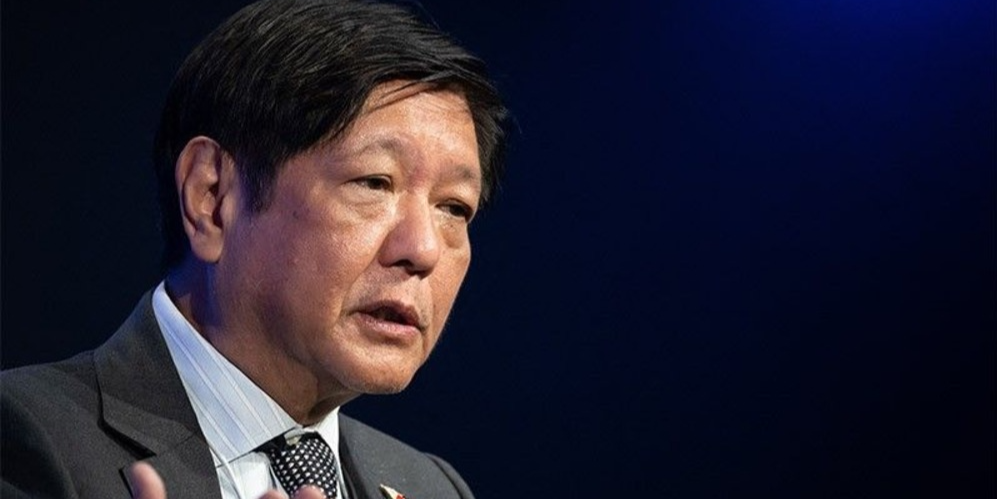It is unconstitutional to delay elections in the absence of a state of emergency, said Senior Minister Teo Chee Hean in Parliament on Wed (25 Mar).
Responding to a question from Christopher de Souza, Holland-Bukit Timah GRC Member of Parliament (MP) on the Government’s stance regarding a proposal mooted by former presidential candidate and current Progress Singapore Party chief Tan Cheng Bock.
Dr Tan suggested that in the event that the COVID-19 situation in Singapore does not ease by Apr 2021, which is the deadline for Singapore to hold the next general election.
Mr Teo replied that he had asked the Attorney-General’s Chambers (AGC) for advice on whether an election can be delayed with the creation of a caretaker government formed by the President.
“The advice of the AGC is, to delay an election beyond the required date in such a manner is unconstitutional,” he said.
The only exception to the rule, Mr Teo said, is when a state of emergency is declared.
Despite the exception, Mr Teo stressed that it is unhelpful to “mislead people into thinking that such an option exists to put off elections indefinitely” and to have the President “form a new government when this goes against the Constitution”.
“To suggest this shows a disregard for or a lack of understanding of the Constitution. Putting forward constitutionally unworkable proposals at a time of serious national crisis can only confuse and mislead Singaporeans to the detriment of Singapore and Singaporeans,” he added.
Mr Teo also noted that no legal basis or practical need exists to necessitate the formation of a caretaker government created by the President even in a state of emergency if the incumbent Cabinet remains in office.
“Even if there is a caretaker government under a state of emergency, it would by definition be a caretaker. It would be hobbled by the fact that it lacks the explicit mandate of voters and would therefore not be in a position to take major decisions on behalf of Singaporeans,” said Mr Teo, who is also serving as the Coordinating Minister for National Security.
In a crisis, he said, Singapore needs “a government with a clear mandate to pull out all the stops”.
This includes the ability to “implement strong mitigation measures, to mobilise our resources and reserves to implement strong economic stabilisation measures to save jobs and livelihoods”, said Mr Teo.
“[T]o steer the country through the COVID-19 crisis, a caretaker government would not have the mandate to do so. So how can this be in the best interest of the country and our people?” he questioned.
Calling for “early elections” — one of the two options, other than waiting for the COVID-19 pandemic to subside by the constitutional deadline — will enable the new government to have “a clear and fresh mandate” and the “legitimacy to take major decisions, tough decisions” through the crisis for the benefit of Singaporeans, said Mr Teo.
“The longer we wait, the more unpredictable, difficult and dangerous it could be,” he warned.
“When you are sailing into a storm, you want to be certain who your captain is and that he will not be changed halfway. You want to make sure that he’s there together with you, working with you, guiding you through the storm,” said Mr Teo.
Such is why, he said, Singaporeans need a government that has earned the confidence of the people through the “unprecedented” crisis.
Touching on Mr de Souza’s question regarding the kind of safeguards that will be put in place should an election be held during the outbreak, Mr Teo said that regardless at what point the next GE will be held, Singapore “will still have to work on the basis that the next elections will necessarily be different from past elections”.
Campaign methods such as livestreaming political parties’ speeches and allocating adequate air time on television to candidates — in lieu of rallies — must be put in place, said Mr Teo.
Measures to be implemented on Polling Day, he added, may cover implementing social distancing in queues and providing hand sanitisers for voters, in addition to express lanes for seniors.
Touching on the Government’s latest safe distancing measures, Lawrence Wong, National Development Minister and co-chair of the multi-ministry taskforce on COVID-19, told a press conference at the National Press Centre yesterday (24 Mar) that the Government will now limit gatherings outside of work and schools to 10 persons or fewer at a time from the previous limit of 250.
Mr Wong added that the Government will also enforce physical distancing of at least one metre in “settings where interactions are non-transient”.
“So with that as a guiding principle, we will close all bars and entertainment venues like nightclubs, discos, cinemas, theatres and karaoke outlets where there is a higher risk of transmission due to sustained close contact over a period of time,” he said.
Other public venues “where the contact is more transient” such as malls, museums and attractions — while permitted to stay open — will be subject to “additional restrictions”.
“We will continue to keep open food and beverage venues, but again with restrictions that we have already introduced, namely to have sufficient separation between tables, but now we will also restrict the groups of diners to 10 persons or fewer,” said Mr Wong.
Centre-based tuition and other similar classes, as well as religious services regardless of size, will be suspended for the time being, he added.
Singaporeans are encouraged to apply a similar quota to social gatherings, including private events such as birthday celebrations and weddings.
“We advise all Singaporeans to avoid holding or participating in social events or gatherings involving more than 10 persons at any one time. This will include private celebrations like birthdays and weddings,” said Mr Wong.
The above measures will take effect from tomorrow night (26 Mar) at 11.59 pm.






